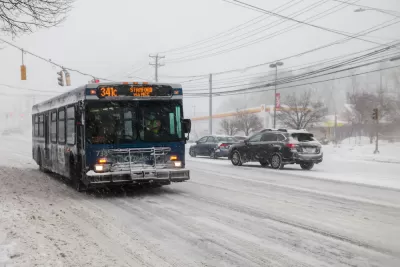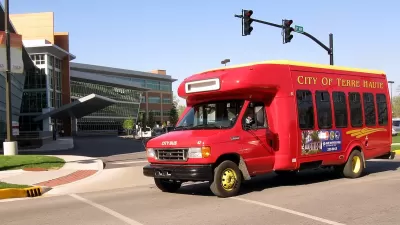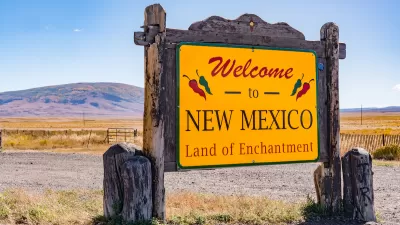State officials say federal requirements forced the end of a twelve-month pilot program, and that the state doesn’t have the funding to continue providing free fares with the end of federal assistance.

“After a year of free rides, CTtransit and other public transit buses ended a yearlong fare-free transit program originally introduced to expedite boarding during the COVID pandemic and help residents financially during tough economic times.” Writing for Connecticut Public Radio, Chris Polansky investigates the reasons why.
According to the state’s governor, “the federal government forced the popular program to expire” by mandating an equity study before free fares can resume. A spokesperson for the Federal Transit Administration (FTA) said “Setting fares is a local – and in this case, state – decision,” but that the equity analysis, a “routine activity,” is indeed required to continue a fare-free program past twelve months.
The article details the back-and-forth between state DOT officials, the governor’s office, and state lawmakers. While lawmakers say a fare-free program isn’t possible without federal dollars and would lead to service reductions, “advocates for free transit service point to a projected better-than-$200 million surplus in the state’s Special Transportation Fund they believe could be used to cover that cost and keep the program rolling.”
Christine Cohen, D-Guilford, chair of the Senate Transportation Committee, said “funding the program would create a ‘significant hole’ in the STF [Special Transportation Fund], leaving it in the red a few years from now.” Governor Lamont’s office says it “remains committed to working with all stakeholders to increase service and ridership in a way that is accessible and fair to all.”
FULL STORY: Free fares are over for CT bus riders. Who's to blame?

Planetizen Federal Action Tracker
A weekly monitor of how Trump’s orders and actions are impacting planners and planning in America.

Restaurant Patios Were a Pandemic Win — Why Were They so Hard to Keep?
Social distancing requirements and changes in travel patterns prompted cities to pilot new uses for street and sidewalk space. Then it got complicated.

Map: Where Senate Republicans Want to Sell Your Public Lands
For public land advocates, the Senate Republicans’ proposal to sell millions of acres of public land in the West is “the biggest fight of their careers.”

Maui's Vacation Rental Debate Turns Ugly
Verbal attacks, misinformation campaigns and fistfights plague a high-stakes debate to convert thousands of vacation rentals into long-term housing.

San Francisco Suspends Traffic Calming Amidst Record Deaths
Citing “a challenging fiscal landscape,” the city will cease the program on the heels of 42 traffic deaths, including 24 pedestrians.

California Homeless Arrests, Citations Spike After Ruling
An investigation reveals that anti-homeless actions increased up to 500% after Grants Pass v. Johnson — even in cities claiming no policy change.
Urban Design for Planners 1: Software Tools
This six-course series explores essential urban design concepts using open source software and equips planners with the tools they need to participate fully in the urban design process.
Planning for Universal Design
Learn the tools for implementing Universal Design in planning regulations.
Heyer Gruel & Associates PA
JM Goldson LLC
Custer County Colorado
City of Camden Redevelopment Agency
City of Astoria
Transportation Research & Education Center (TREC) at Portland State University
Camden Redevelopment Agency
City of Claremont
Municipality of Princeton (NJ)





























